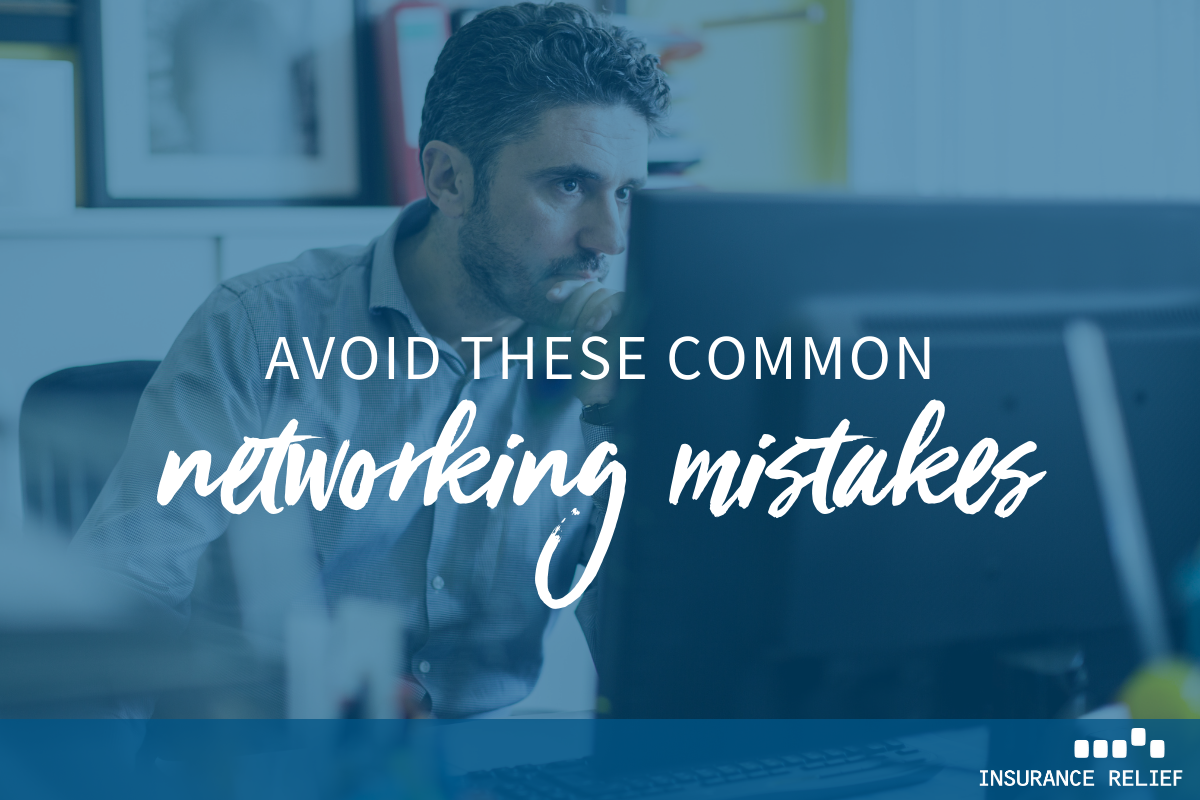Are You Making These Common Networking Mistakes?

Networking is one of the most effective ways of finding a job. In fact, 85 percent of job seekers find employment through networking by some accounts.
But to get the most out of your networking efforts, you need to do it the right way. Here are some mistakes to avoid when networking.
1. Networking by email
Email is fine for certain types of communication, but networking is not one of them. To network effectively, you need to talk with your contacts, which means either a telephone conversation, video chat, or meeting in person.
The purpose of networking is to connect, gain information, and get questions answered. It involves give and take. You also want to let your contact know what you have to offer.
With a live conversation, you will also make more of an impression, which will make it easier for the person to remember you.
2. Taking and not giving
Networking is a two-way street. You cannot simply ask your contact what they can do for you. You need to be able to offer the other person something as well. For example, you may be able to refer the person to articles or other information that might be useful to them, or let them know about people in your profession who might be helpful to them.
3. Asking for a job
The purpose of networking is to gather information and learn about job opportunities. Networking meetings are not intended to be job interviews. You will likely be told to go through the application process if you approach them that way.
4. Not generating new contacts
When networking, it is definitely good to touch base with people you already know – current or former colleagues and friends. But you also need to widen the net and meet new people if you really want to increase your chances of finding what you want.
5. Not being clear about your purpose
You need to be clear about what you want the other person to do for you. If, for example, you would like them to contact someone they know for a meeting, you have to ask them directly.
6. Not following up
As with a job interview, you need to send a thank-you note after the meeting. It also helps keep the person informed about your activities and how their efforts have helped you.
Find Your Next Opportunity with Insurance Relief
If you are an insurance professional, it is in your best interest to partner with a staffing expert that understands your unique skills and needs. Insurance Relief is that expert, with vast experience in the insurance industry. Insurance Relief works with brokers, carriers, and third-party administrators to locate and place the best people for positions in the industry ranging from entry-level to senior management. We invest the time to understand what you want to accomplish and then work our hardest to find you meaningful opportunities. Give Insurance Relief a call today.



